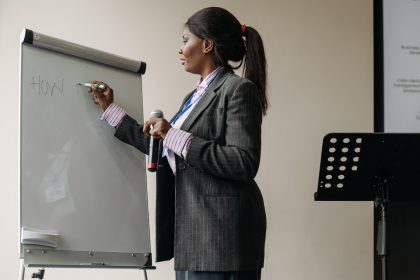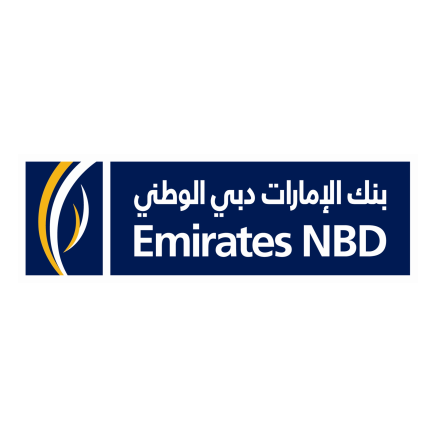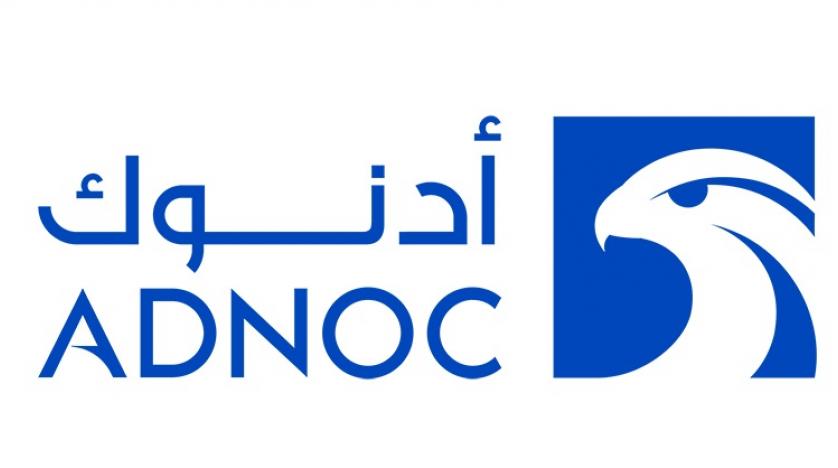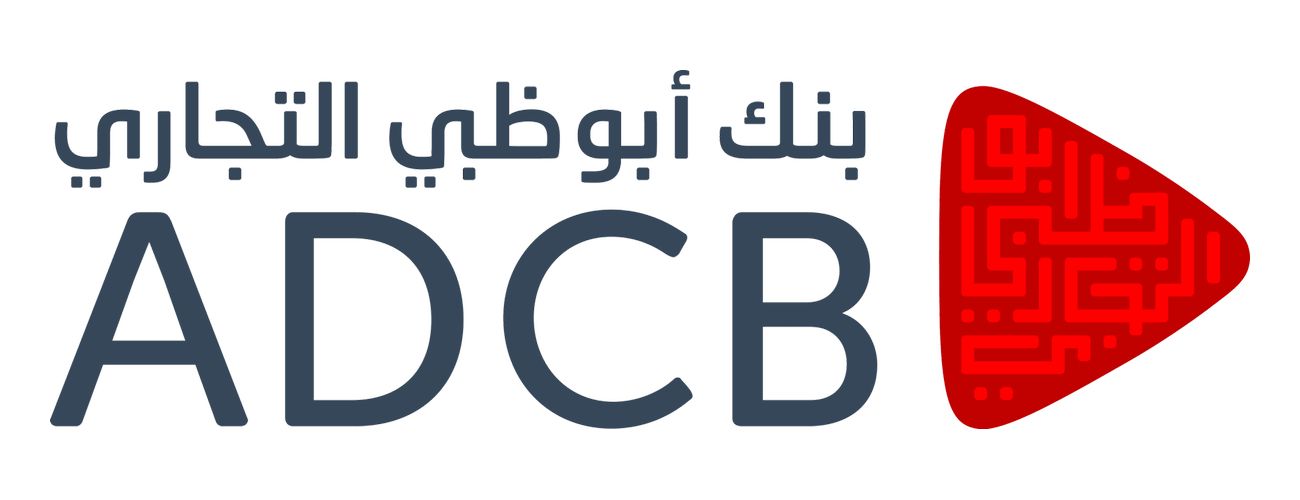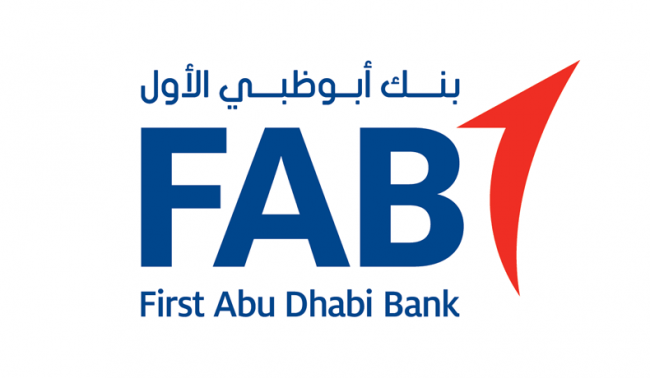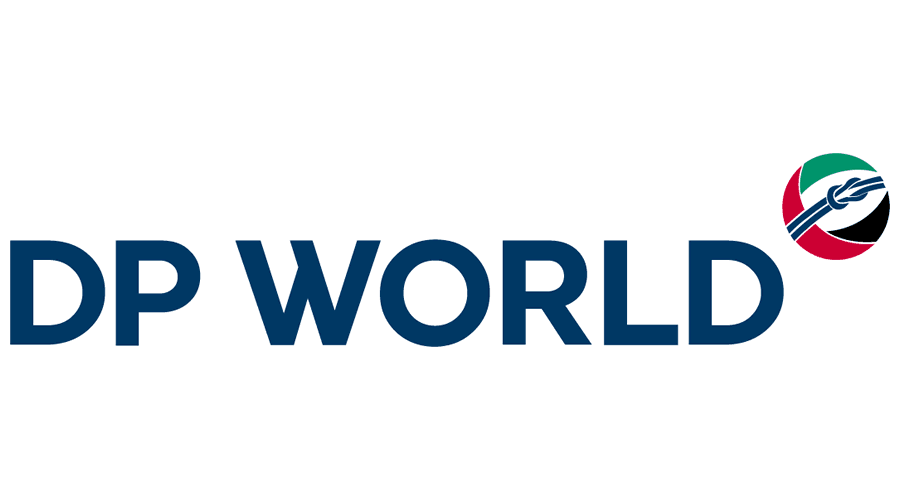
In team coaching, multiple sessions are conducted by the professional coach towards the individual and collective improvement of the unit. The goals are to increase productivity, enhance performance, nurture a collaborative attitude, and resolve internal conflict. But what happens after the team coach has fulfilled the objective of motivating the team? According to coaching professionals, the end game is the transition of a coachee to a self-coach. Let’s see how to create self-coaching teams through team coaching.
Here’s how you can create a self-coaching environment in the workplace:
Keep a Balanced Focus on the Task, Individual Learning, and Conduct
A coach, while conducting a session, can ask the following questions as a team coaching exercise.
- What learning opportunities got missed?
- What behavior of the team/members disrupted task accomplishment?
- What has the team accomplished collectively?
It counter-balances the team members, preventing them from just focusing on task accomplishment without learning from the experience and mistakes and reflecting on the same. The answers will help the team to assess the progress.
Create Consistent Opportunities of Learning Formal and Informal Dialogue
Learning through coaching is a consistent and continuous process. One cannot depend on the scheduled events and sessions and expect the teams to absorb everything all at once. Effective learning is more like a dialogue that arises through opportunities, both formal like in a one-to-one session, team meetings, board room gatherings, as well as information like during a cafeteria gathering, team retreat, etc.
Ability to Feel Comfortable in an Uncomfortable Environment
The team as a collective unit and the members as individuals must win over the fear of confronting challenges, pushing their potential to achieve individual and personal goals. The ability to address and resolve conflicts is essential, especially in a culturally diverse team. The coach should focus on practicing these team skills in a safe and positive environment that creates value through calculated interface management between the team and the external influences.
Management of Team Learning Process and Progress
The qualitative and quantitative efficacy of the team learning process depends on the way all members and the team leader in managing the learning process. Its absence can diminish the levels of cohesiveness in the team, affecting not only the learning process but also impact the productivity. Hence it is important to build daily and weekly learning routines, comprising structured team activities to maintain continuity in the learning process.
Prevent External Influences from Disrupting Team Learning
The qualitative and quantitative efficacy of the team learning process depends on the team’s learning process. Its absence can diminish the levels of cohesiveness in the team, affecting not only the learning process but also impacting productivity. Hence, building daily and weekly learning routines comprising structured team activities is crucial to maintain continuity in the learning process.
A good team coach knows the positive influence on the team and directs the sessions accordingly. If you aim to be successful in team coaching, you must learn and imbibe these skills to create a self-coaching environment for the team. Want to create a self-coaching team? Team Transformation is a global organization offering a cutting-edge team coach training program that has delivered present-day coaching veterans, being fostered by a highly knowledgeable and experienced faculty. Book a consultation to know about their team coaching training programs.
